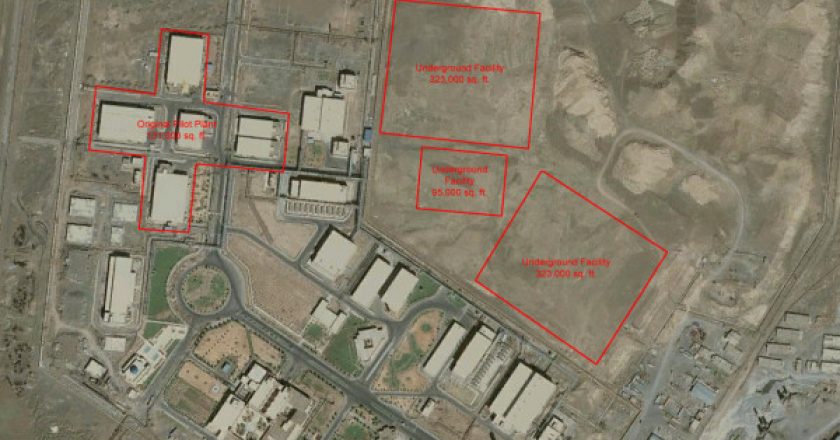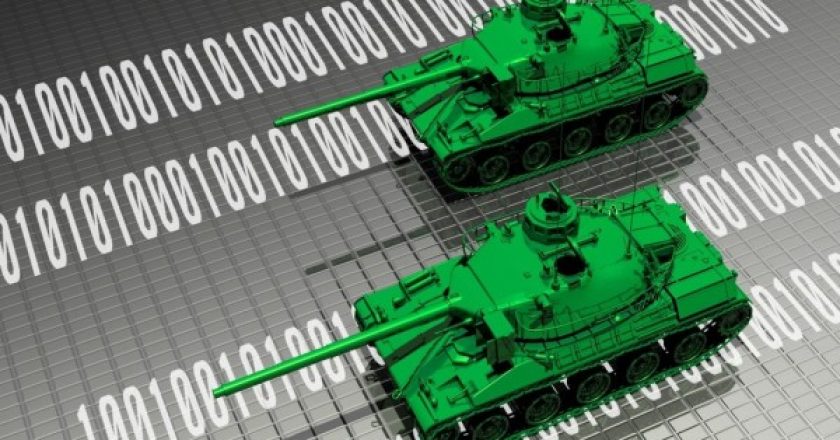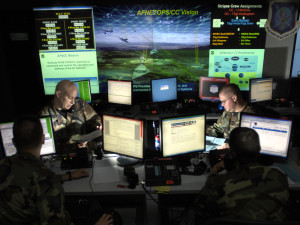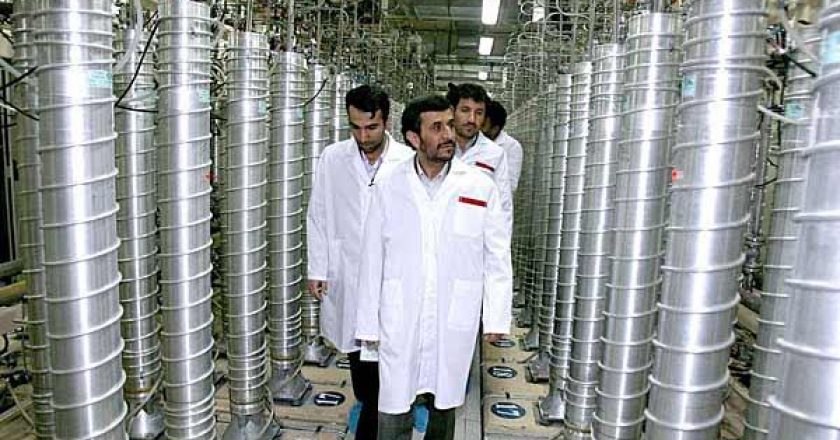Technology is not enough to keep an organisation cyber secure. Business leaders should also consider the human element as even the most tech-savvy professional can fall victim to a social engineering attack.


Stuxnet, the powerful malware that wormed its way in and hobbled Iran’s uranium enrichment efforts, infiltrated the secure networks of the nuclear program via trusted partners, newly public information reveals.

In addition to dealing with cybercriminals and hacktivists, enterprise security managers must pay increasing attention to avoid becoming collateral to nation-state cyber-warfare. Do recent high profile attacks on the region indicate that Middle Eastern businesses are at greater risk of attack, and what damage can cyber warfare inflict?

What do Middle East governments need when it comes to security, and are newly formed government entities set to revolutionise the way that states think about security?

The US is engaged in a wide-ranging campaign of cyber-operations against foreign targets, launching over 200 in 2011 alone, budget …

Researchers from Symantec have found and analysed a version of the Stuxnet cyber sabotage malware that predates previously discovered versions …

The head of the malware analysis team at antivirus vendor Kaspersky said last week that a recently found exploit that …

CoDeSys, a piece of software running on industrial control systems (ICS) from over 200 vendors contains a vulnerability that allows …

U.S. President Barack Obama ordered the Stuxnet cyber attacks on Iran in an effort to slow the country’s development of …